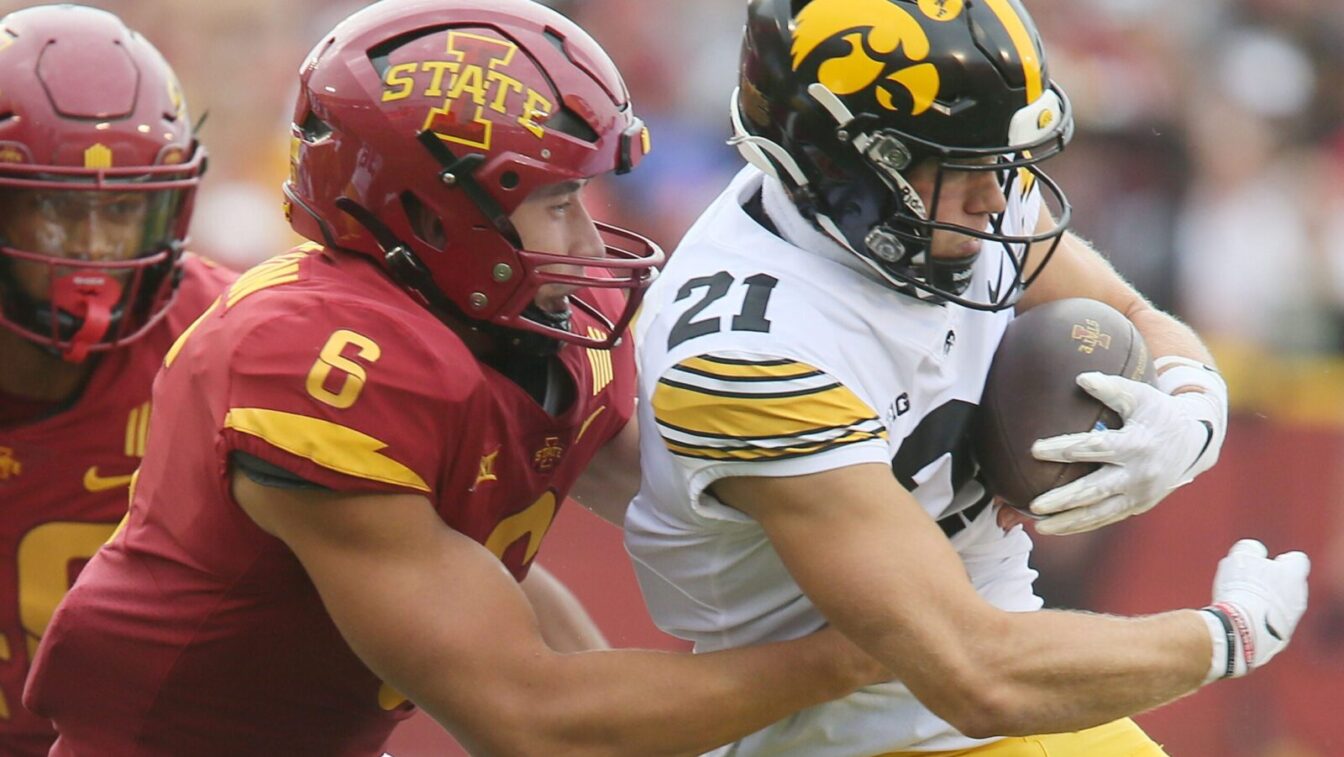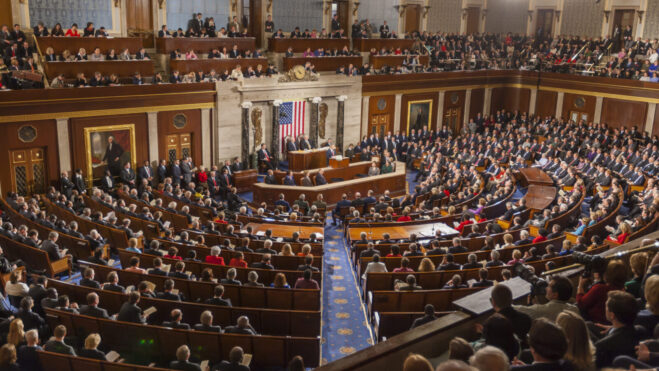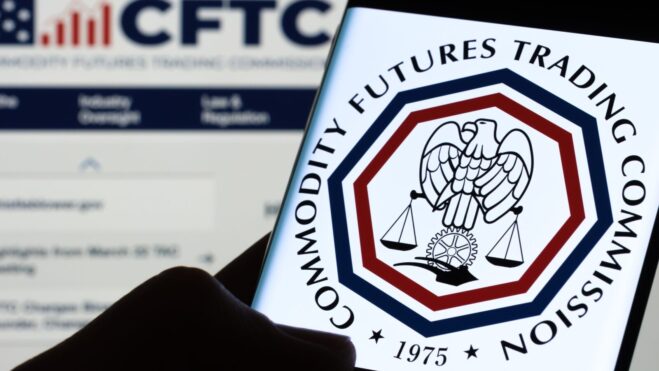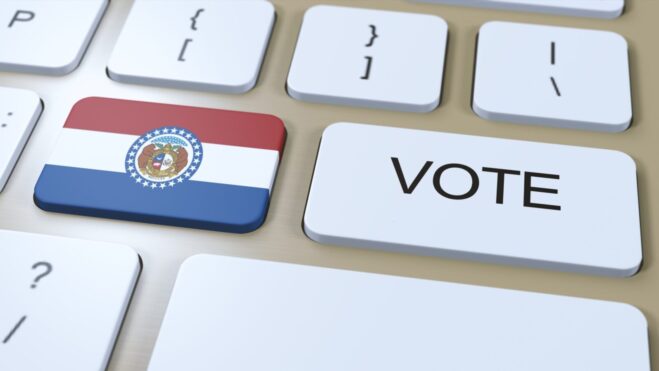Missouri Keeps Sports Betting And Casino Proposals On Ballot Despite Legal Challenges
More residents are showing support, but stronger opposition could stand in the way
4 min
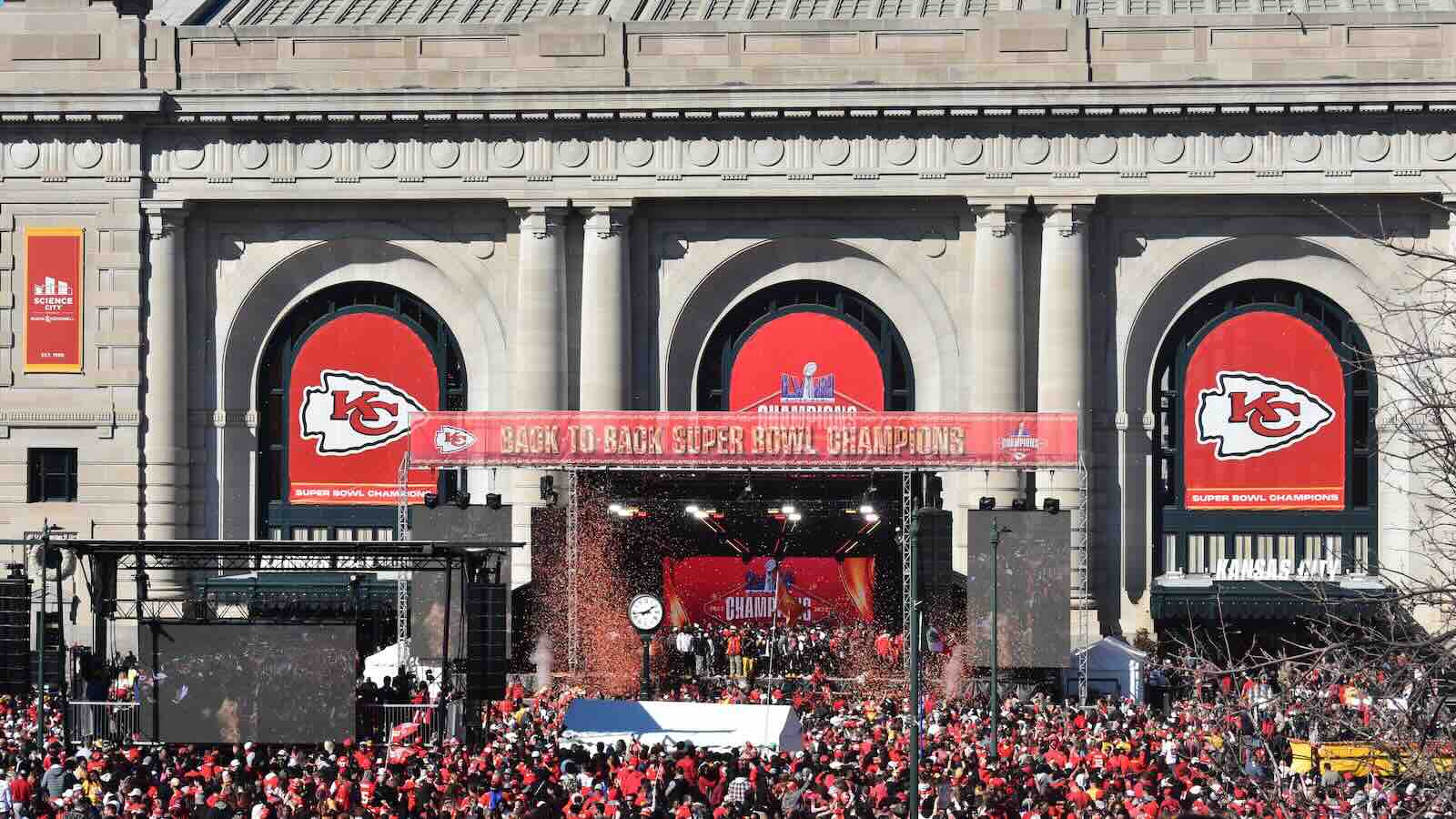
A Missouri judge ruled on September 6 that a question about legalizing sports betting will remain on the statewide ballot for November 5. That same day, voters will also determine whether Missouri will add a new casino.
The decision on the sports betting ballot entry follows a lawsuit that challenged the validity of signatures collected to place the issue before voters. The ruling to allow the ballot measure, made by Cole County Circuit Judge Daniel Green, came swiftly after opponents of the sports wagering proposal claimed there were insufficient signatures from registered voters to qualify the initiative.
Judge Green rejected the lawsuit, stating that challenges to an initiative petition after certification by the Secretary of State are “highly disfavored.” His decision ensures that Missouri voters will have the opportunity to decide whether to legalize sports betting. Missouri lawmakers have moved in fits and starts — since a landmark 2018 U.S. Supreme Court ruling lifted the federal ban on the practice — to join the now 37 other jurisdictions that authorize legal sports wagering in some capacity.
The effort to place the sports betting question on the ballot was spearheaded by the Winning for Missouri Education political action committee (PAC), which hailed the ruling as a major victory for Missourians. In a statement, the PAC emphasized that the legalization of sports betting would prevent the outflow of potential tax revenue from the state, which currently occurs when Missouri residents cross state lines to place wagers in neighboring states.
With just days remaining before the deadline to remove items from the November ballot, any appeals from opponents of either initiative will need to be resolved quickly. A three-judge panel in Kansas City is set to hear any potential appeals as early as today, Sept. 9.
Not playing fair
The plaintiffs in the case, two political consultants represented by Republican attorney Marc Ellinger, argued that the petition lacked the necessary signatures in the St. Louis area, specifically in the 1st Congressional District. Ellinger claimed that local election officials had improperly counted as many as 768 signatures, pointing to examples of signatures from deceased individuals, convicted felons, and people who had moved out of the state.
However, Judge Green dismissed these claims, noting that the plaintiffs failed to provide enough evidence that the contested signatures were from individuals who were ineligible to sign. He further ruled that Secretary of State Jay Ashcroft had used a proper and legal method in certifying the signature count.
To qualify for the ballot, initiative petitions in Missouri require signatures from at least 8% of registered voters in six of the state’s eight congressional districts. The lawsuit had argued that the required threshold for signatures should be determined by taking the total number of votes cast in the 2020 gubernatorial election, multiplying that by 8%, and then dividing the figure evenly among the districts. If this method had been applied, the threshold for signatures in the 1st Congressional District would have been higher, possibly disqualifying the petition from making it onto the ballot.
The debate over sports betting in Missouri has been contentious, as efforts to pass legislation on the matter have repeatedly stalled in the Republican-controlled state Senate. Major sports betting companies like DraftKings and FanDuel, along with Missouri’s professional sports teams—including the St. Louis Cardinals and Blues—have rallied behind the initiative, raising over $6.5 million to support the campaign. The measure proposes a 10% tax on sports betting revenues, with the state’s professional sports franchises and 13 casinos authorized to offer both retail and online sports betting services.
Mixed reactions
A sports betting poll conducted by St. Louis University/YouGov between February 8 and 14, 2023, surveyed 433 likely voters on the issue of legalizing sports betting in Missouri. Respondents were asked if they believed betting on college and professional sports should be legal in the state.
The results showed that 35% agreed with the statement, 41% disagreed, and 24% were uncertain, and a clear divide emerged between rural and urban or suburban voters. Only 24% of rural voters supported the idea, compared to 34% of urban voters and 43% in suburban areas. Age also played a role, with 51% of voters aged 18-29 favoring legalization, while only 23% of those aged 65 and older shared the same view.
In contrast, a more recent poll conducted by SLU/YouGov from February 14 to 26, 2024, surveyed 900 likely voters and showed a shift in opinion. This time, 60% of respondents supported the legalization of sports betting, 25% were opposed, and 14% were unsure.
Younger voters showed even greater support, with 76% of those aged 18-29 in favor, compared to 45% of voters aged 65 and older. Political affiliation also influenced responses, with 65% of Democrats supporting legalization, while 20% were opposed and 15% were undecided. Among Republicans, 58% favored legal sports betting, 28% were opposed, and 14% were unsure.
When asked specifically about betting on college sports, 47% of respondents said it should be legal, 39% opposed it, and 14% were uncertain. Among Democrats, 50% supported legalizing college sports betting, 34% were opposed, and 15% were unsure. Among Republicans, 44% were in favor, 42% were against, and 13% were undecided.
Casino expansion also up for debate
In addition to the sports betting question, Missouri voters will also weigh in on a proposal to allow a new casino at the Lake of the Ozarks. This issue, which was initially rejected by the Secretary of State, was restored to the ballot following a lawsuit from Osage River Gaming and Convention, a group supported by the Osage Nation, Bally’s Corp., and local developer Gary Prewitt.
The petition was originally deemed to have fallen short by 2,031 signatures in the state’s 2nd Congressional District. However, a review of the signatures ultimately confirmed that the group had met the necessary threshold.
The Missouri Constitution currently permits casinos only along the Missouri and Mississippi Rivers and limits the state to 13 casinos. If approved, the Lake of the Ozarks casino would be the first of its kind in the area, and supporters claim it could create up to 800 jobs and generate substantial tax revenue for the state.
The region is one of Missouri’s top tourist destinations. Backers of the casino plan argue that the development would provide a significant economic boost to the community.
There seems to be growing support for casino and gambling expansion in the state. Some surveys have shown that about 55% of respondents are amenable to a new casino.
The SLU/YouGov poll from this year that targeted sports betting also explored the issue of legalizing video lottery terminals (VLTs), which has been a controversial topic in Missouri for several years. According to the results, more than half of the participants believed VLTs should be allowed in bars, truck stops, fraternity houses, and veterans’ organizations for individuals aged 21 and older.
At the same time, 31% were against the idea. Additionally, 46% supported the legalization of VLTs in convenience stores, with 40% opposed.

